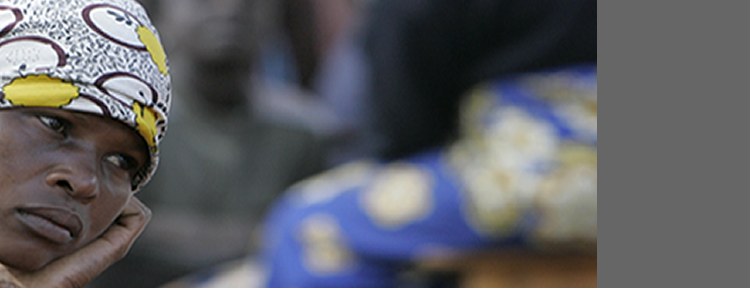By Christopher Gitari
Earlier this month the International Criminal Court (ICC) decided to terminate its case against Kenyan Deputy President William Ruto and the co-accused journalist Joshua arap Sang. Ruto and Sang had been accused of coordinatingKenya’s post-election violence in late 2007, which left more than 1,300 people dead.
The Chamber, by 2-1 majority, ruled that the Prosecutor had failed to present sufficient evidence linking Ruto and Sang to the direct perpetrators of the crimes. While the ruling leaves open the possibility that the prosecutor could bring fresh charges against the pair in future, that looks unlikely.
The Trial Chamber recognised that troubling direct and indirect interference with witnesses was a major reason the prosecutor’s case was substantially weakened. In fact, the prosecutor accused senior members of the Kenyan government and the Legislature of creating an aggressive atmosphere through enabling hostile rhetoric against the Court, a hostile campaign to intimidate witnesses and constant negative reporting about the weaknesses of the case, all of which could have prevented witnesses from testifying freely.
Now, our attention should turn to other ways in which victims are seeking justice in Kenya. Following 2007’s post-election violence, the government established the Truth, Justice and Reconciliation Commission (TJRC) to investigate human rights violations, but many of the TJRC’s recommendations have yet to be followed.
We must ask the state: What progress has been made to redress victims of the post-election violence? What has been done to implement the TJRC’s recommendations for reparations? What will be done for women who were raped during the post-election crisis? These questions are more pressing than ever given the fact that the ICC restated the right of victims to receive reparations.
The state’s progress in fulfilling victims’ rights to reparations has been slow. On March 26, 2015 President Uhuru Kenyatta apologised to Kenyans on behalf of his government and other previous governments for all past wrongs. He followed up his apology with a pledge to establish a 10 billion Kenyan shilling ($110m USD) Restorative Justice Fund for victims of gross human rights violations.
In the year since Kenyatta’s pledge, little seems to have been accomplished. The government appears uncommitted to reparations for victims and Kenyatta’s failure to mention reparations in his State of the Nation address in March 2016 reinforces victims’ concerns that last year’s pledge will not become reality.
Reparations are not a favour to victims but an obligation of the State. Kenya’s national laws and constitution as well as international law all recognise the rights of victims to reparations for having suffered gross human rights violations.
State actors are therefore bound to ensure that the rights of victims are acknowledged and fulfilled in accordance with the Kenyan constitution and international legal norms. Members of Parliament, for example, have a duty to provide a road map for implementing the recommendations contained in the TJRC’s Final Report.
Kenya’s National Assembly Majority Leader Adan Duale must place the TJRC’s Final Report before the House for consideration and adoption. And Attorney General Githu Muigai, given his role as a legal advisor, should propose a framework to anchor the Restorative Justice Fund in law, so as to enable urgent reparations for victims of gross human rights violations. These steps should be taken now.
Pursuing these other means of redress does not mean that Kenya should give up its pursuit of criminal prosecutions for serious crimes involving human rights violations, as the president says he was advised last year. The suggestion that it will not be possible to find the evidence to link those who carried out the serious crimes with those who planned them is disingenuous at best.
Several years ago Kenya argued before the ICC that the national authorities were beginning their investigations looking at the lowest level of perpetrators and planned to build the case “from the bottom up”. In the intervening period nothing was done to advance those cases. Those who mistrusted the arguments of the Government then were proved right.
There is certainly nothing to stop investigation and prosecution of direct perpetrators even now. There is also nothing to stop the incentivisation of low level participants to provide information to build cases against intermediate and top level planners.
The fact of the matter is that there has been no serious effort to investigate and prosecute at any level. The perpetrators should understand that these crimes do not prescribe – they can always be prosecuted.
Victims and civil society organisation will not give up on justice. They will keep attacking the wall of impunity that has been erected, for as long as the perpetrators live. But Kenya’s pursuit of criminal justice must be accompanied by an acknowledgement of victims’ suffering and a fulfillment of its past pledges of reparations. By fulfilling these obligations, the country can seize the opportunity to deliver true justice to its victims and recognise their dignity.
The writer is the director of International Center for Transitional Justice,Kenya.







